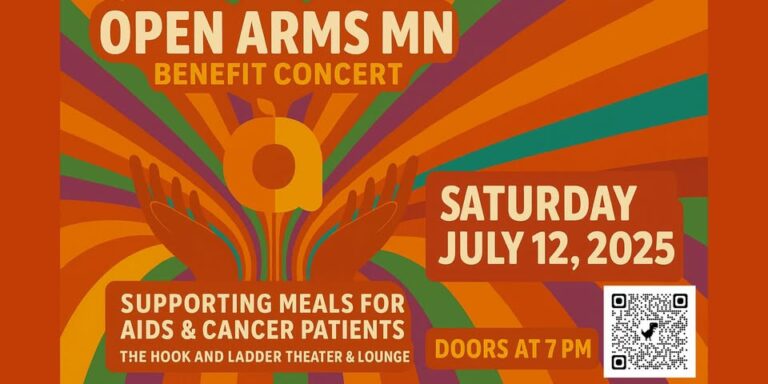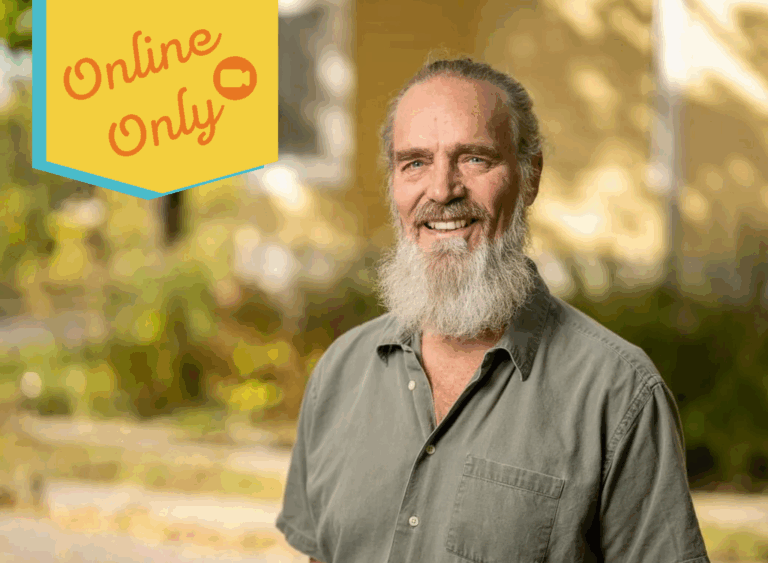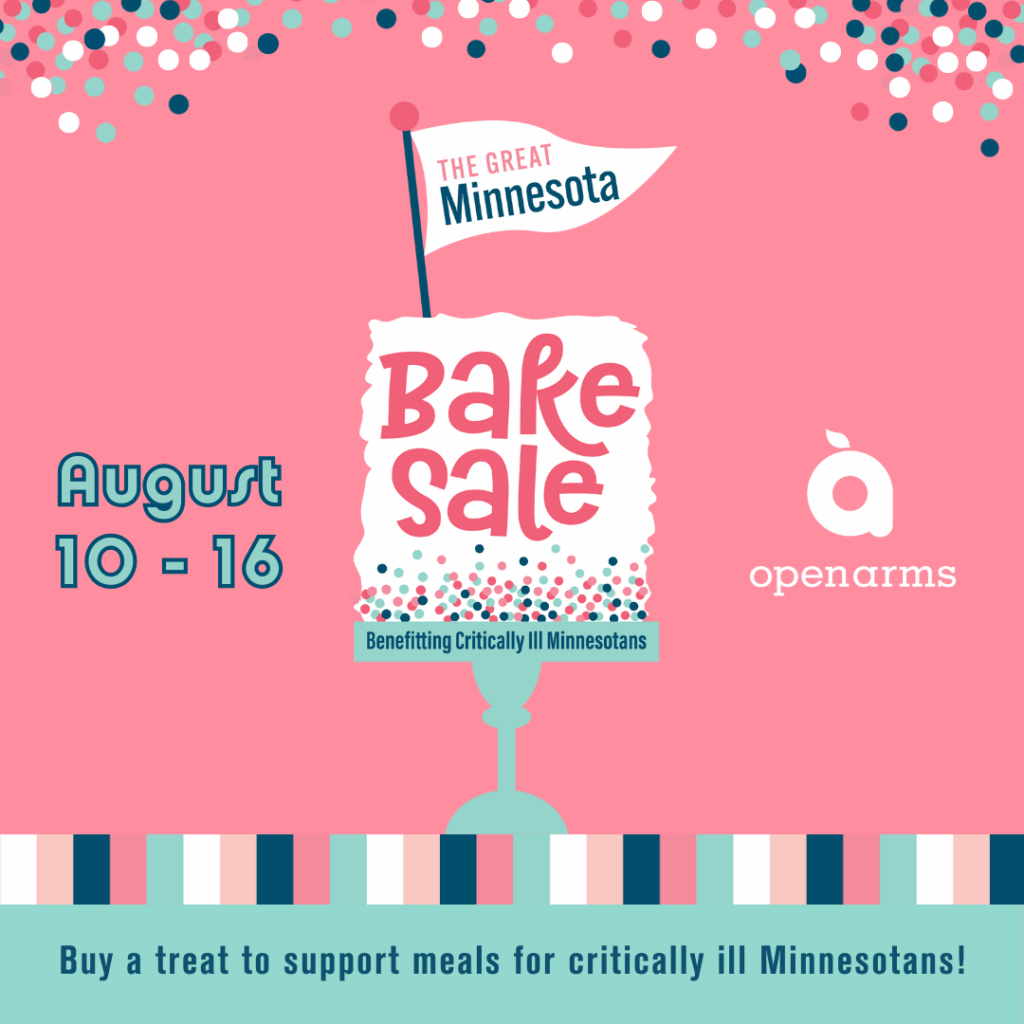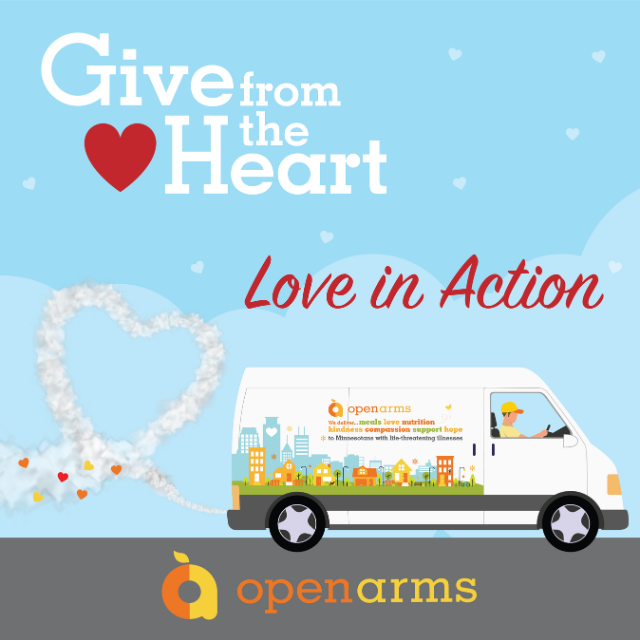I was emotionless when I received a call from the sheriff telling me that David was dead. The call confused me, not so much because David was found dead in his apartment, but because he had listed me as the person to contact in an emergency. Emergency contacts, it seemed to me, should be close family members or intimate friends, not the director of a non-profit organization where a client received services.
David, the sheriff informed me, had not only named me as his emergency contact but had also left his personal property to the agency I worked for. Included in his possessions was a frightened cat that needed to be removed from the apartment. As unlikely as it may sound, a co-worker had connections to the “cat rescue community” and within minutes of this startling call, a cat carrier was secured, and I was en route to meet the police at David’s apartment. I arrived just as a body bagged David was being wheeled to the coroner’s van.
Introductions were made with the police, the manager of the apartment building, and me. It would, the police informed me, only take a few minutes to complete a report; then I could enter David’s apartment, get the cat, and discuss the removal of David’s possessions with the apartment manager.
The policeman asked what my relationship was to the deceased. When I told him I worked for an organization that prepared and delivered meals for people with HIV/AIDS and that David was a client, the officer was surprised. Didn’t David have any friends or family? I didn’t know about friends, but because I had pulled his client file before leaving the office, I knew that David did have a mother who lived in a neighboring state. I told the officer that I was as stunned as he was that David had named me as the person to contact in a situation like the one I now found myself in.
With my relationship to the deceased determined, the officer asked for identification to complete his report. While recording information from my driver’s license to his form, he suddenly stopped and said, “You’re kidding, right?” I knew what he was referring to and said, “Ironic isn’t it?”
He finished writing his report, handed my license back to me and said, “Happy birthday. I hope your day improves.”
It didn’t.
The officer and the apartment manager said they would wait in the hall as I retrieved David’s cat. I assumed that one, or both of them would accompany me into the apartment, but they insisted that I go in alone. The policeman opened the door and as soon as I stepped inside, he quickly closed the door behind me. With my very first breath in the apartment, I knew that David had been dead for a long time before his body was discovered. Some smells, when experienced for the first time, are difficult to identify. That is not the case with a decomposing body. It is a smell which is easily identified, and once experienced, it is never forgotten.
I immediately began breathing through my mouth and frantically searching for the cat. When I stepped into the bedroom and saw that all of the linens had been stripped from the bed, I assumed that’s where David had died. And there, by the bed, was the cat. She came right to me and allowed me to pick her up and easily place her in the carrier. I hurried with the cat to the door and stepped back into the hall where I exhaled and said to the waiting cop, “Why didn’t you tell me?”
“Because you wouldn’t have gone in if I did.”
He was wrong about that. I would have still gone in. But he was right not to tell me. It would have been much harder to step into that apartment had I known what the policeman already knew, that David had been dead for five days.
You see, although David had AIDS, that wasn’t what killed him. David had diabetes and based on the detailed journal of insulin injections that he maintained and that was found open on the kitchen counter, the police assumed – and the coroner later confirmed – that David had gone into a diabetic coma and died. The last entry recorded in the journal, along with the state of his body, put the date of death five days earlier.
While taking the elevator to the lobby, the apartment manager informed me that I would be responsible for disposing of David’s belongings. Assuming that there would be mementos or heirlooms that would have sentimental value to the family, I said that David’s mother should be allowed to have whatever she wanted. The manager said that was my decision to make, but since David had explicitly donated his possessions to the agency I directed, I would need to be present to let anyone into the apartment.
The policeman escorted the cat and me to my car. When he told me that the coroner would call David’s mother and give her the news, I asked if I could make the call. I may not have been a friend of David’s, but at least I knew something about him.
When I returned to my office I didn’t hesitate to call David’s mother. This wasn’t the first time that I had to call someone to tell them that a loved one was dead. Although there is no good or easy way to deliver news like this, I had learned that it only gets harder every minute you delay placing the call.
I sensed, when David’s mother answered the phone, that she already knew that her son was dead. The coroner in
She quickly began a recitation of things to do including a trip to
“David has a computer and TV,” the mother said, “You’re not getting those.”
“No, ma’am,” I said, “you can have everything in the apartment if you want. I just need to be there to let you in.
I told the mother who now seemed more agitated than bereaved that David’s apartment needed to be cleaned out very soon as it was nearing the end of the month and the building manager had told me the unit would need to be rented. “Well,” the mother said, “my daughter and I have plans to go to the casino this weekend. I hope you don’t think we are going to change our plans to deal with this.”
I wanted to say, “what part of ‘your son is dead’ do you not understand.” I wanted to say that, but I didn’t, because suddenly I realized why David hadn’t listed his mother as his emergency contact. Suddenly, I realized why David would list me, the director of a social service agency, as the first person to contact if something happened to him. I was David’s emergency contact because there wasn’t anyone else.
Over the next few days there would be additional phone calls with the mother – each more difficult than the call before. The mother and the sister arrived at the apartment and took the television and the computer and a few other items of monetary value and managed to make it to the casino on time for their weekend get-away. A wonderful volunteer at our organization – perhaps David’s only friend – packed up the remaining possession of David’s life and cleaned the apartment. And that was that.
And, that was that
.









